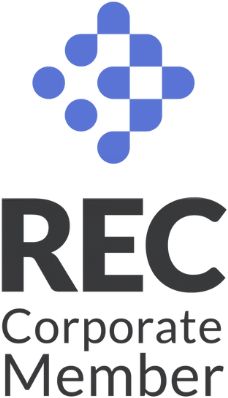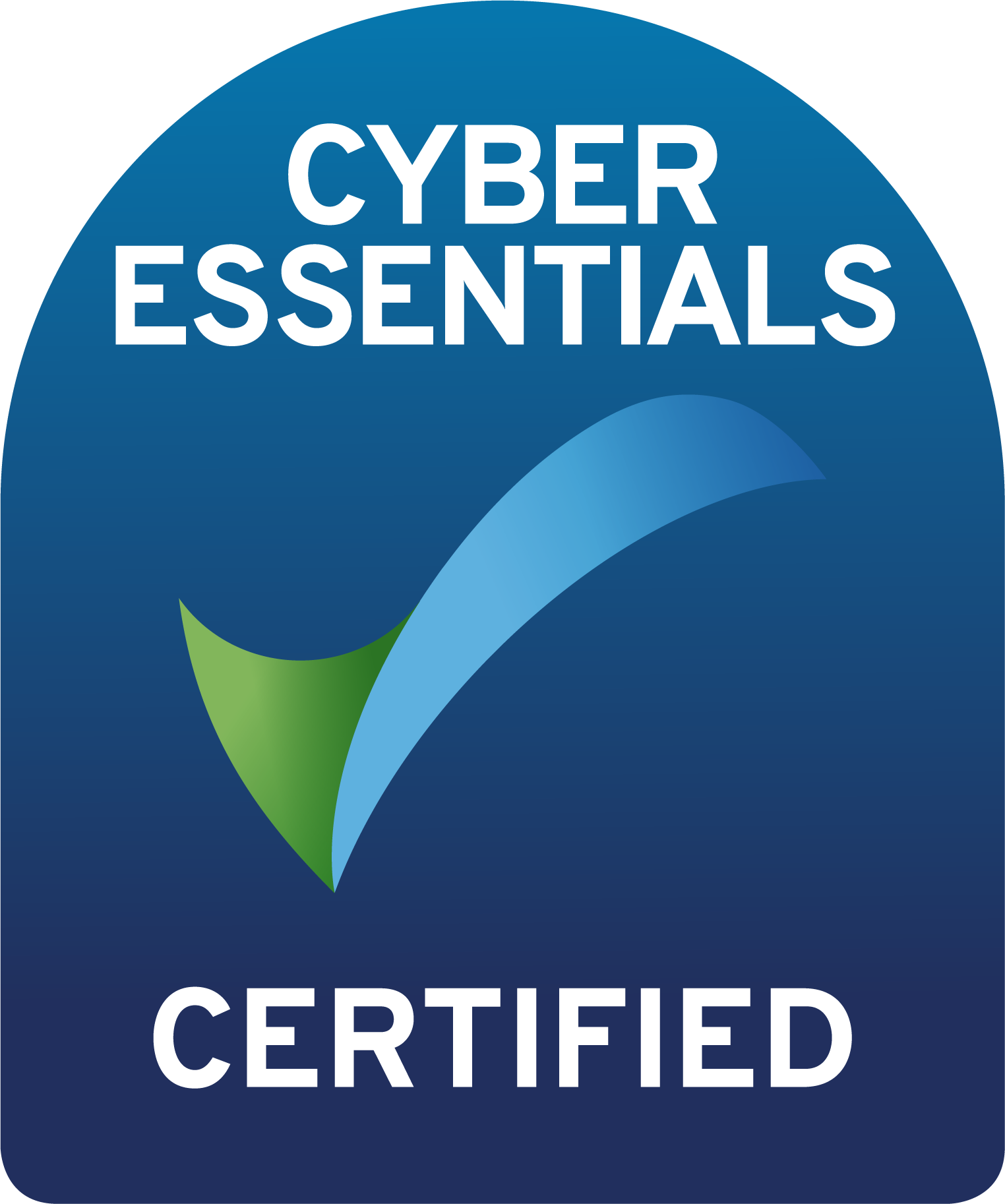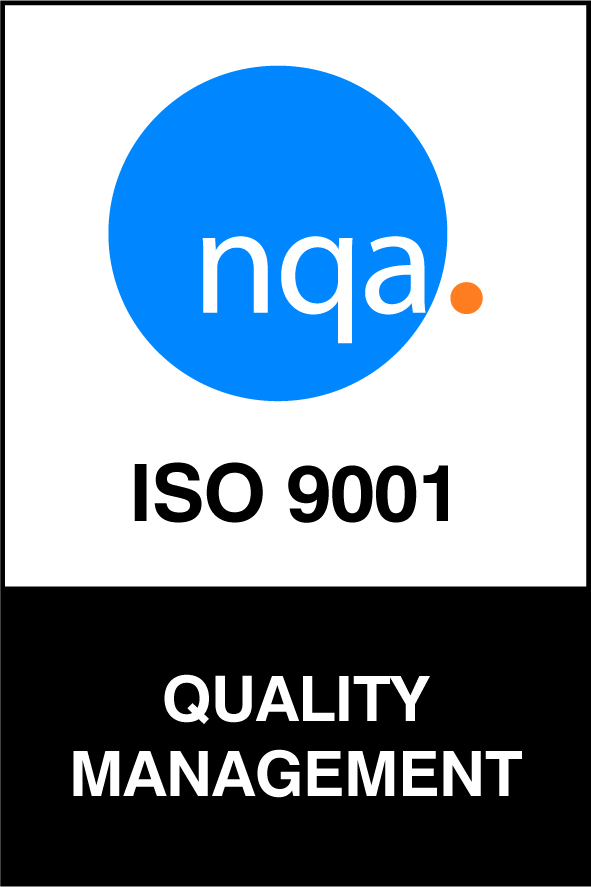
Congratulations, you have an interview for your dream FM role! Naturally, you will be excited, but also nervous as you will not know what to expect until you are in the interview. The unknown can be scary, but we have compiled a list of some of the most common interview questions and how you can answer them, so you can be as prepared for your interview as possible.
1 – Tell us a little bit about you
This type of question is commonly asked at the beginning of the interview as it’s a great way for the hiring managers to get to know you and get an idea of your personality. You should introduce yourself, and give a brief history of your employment, key achievements, and qualifications.
For example: “I am a refrigeration engineer with eight years of experience working in commercial environments and two years working in domestic environments. I currently have a F-Gas certificate and I have some experience working with CO2 refrigerants. I won Refrigeration Engineer of The Year in 2023 and have proudly worked on many large projects.”
2 – Why did you apply for this role?
For this question, you need to discuss both the role and the business. You can discuss how the role can help you develop new skills and improve existing skills, or why it seems like the perfect next step in your career. You should then explain why the company seems suitable; so you can explain any awards, notable figureheads in the business, company history and coverage in the news.
For example: “I applied for this role as I wanted to start working with supermarkets as an electrician. I have briefly worked in that environment and heavily enjoyed it, so it is the right next step for my career. I want to work with you specifically because you have a great company culture as seen by your awards, and you are one of the leading brands in the industry.”
3 – Why do you want to leave your current role?
Regardless of the situation, make sure that you only answer the question with a positive answer about your employer. You should instead focus on what new skills you want to learn, what you hope to achieve and what attracted you to the role you applied for.
For example: “In my current role, I am working with local public venues such as restaurants and pubs, but I would like to transition to work with supermarkets instead as I would like to specialise as a supermarket refrigeration engineer."
4 – What are your goals for the future?
This question is commonly asked by hiring managers to see whether your career goals align with the business. Even if you do not plan to stay with the company for decades, you should still talk about how the role and the business are ideal for your next career steps.
For example: “I want to gain more experience working in a wider variety of environments. I currently have some experience, but I know that this business can help me grow and develop within my dream career. I hope in the next 6 years to be a senior air conditioning engineer.”
5 - Can you tell me a time when you overcame an issue?
This question gets you to think about any issues you have had to manage and solve, ideally relating to the role. Avoid saying “we” and focus on saying “I” during this question. As it can be tough to structure an answer to this question, we highly recommend using the STAR method:
S – Situation – what happened
T – Task – the task you were given
A – Action – how you responded
R – Result – what happened after you took the action
For example: “A few members of staff were taking longer than average to complete tasks, which meant fewer jobs could be completed over a week. As someone who was hitting the time estimates, I wanted to make sure that the rest of the team could also get all their tasks done in time. I got permission to shadow some members of staff on their jobs to see if there were any obvious issues. After realising that some of the staff didn’t know how to accurately use the tools, I spent half a day a week later teaching the staff again how to use each tool. After this training session, each employee hit their time estimates for the month.”
This structure may not always apply, but having a structured answer will help narrate your story and experience, making you come across better to the hiring managers.
6 – What are your salary expectations?
Even though it would be great to make lots of money, be realistic with what salary you expect – you should look at salary data for the industry, location, and experience. You can suggest a range of salaries, especially when trying to negotiate for additional benefits such as overtime.
“Considering current industry salaries and my experience, I would want a salary of around £43,000. Although, I would be happy to take £41,000 if I can have the benefit of paid overtime."
7 – Do you have any questions for us?
When asked this question, it is essential to have a question or two prepared. This can be something specific to the role, or it can be a more general question. Here are a few examples of questions you can ask:
·What does the next 5 years look like in the business?
·What would the career path look like for someone coming into the role?
·What does a typical day look like in this role?
·How would you describe the company's culture?
·What are the organisation’s key values?
·What are the next steps in the hiring process?
If you want some advice on FM interviews, we can help!
Call us: 0333 323 0733
Email us: info@calibresearch.co.uk











